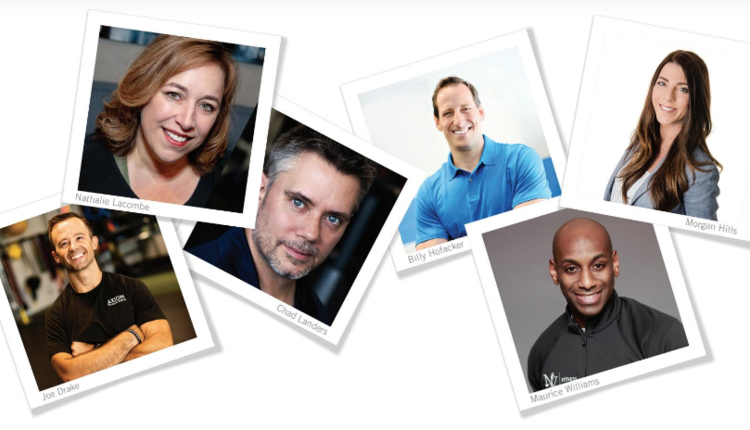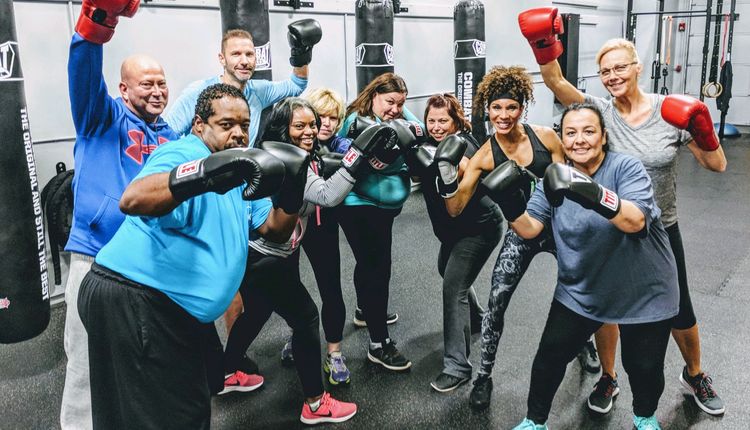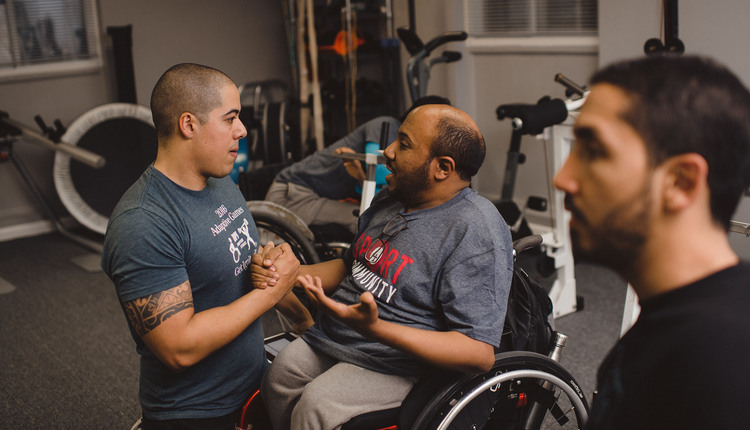
One of the pitfalls I see with many clients when starting a new program, whether it's a boot camp or personal training program, is that what should be the catalyst of motivation ultimately ends up as the catalyst of failure. As fitness professionals, goals are our common denominators; regardless of our training methods or what nutrition methodology we embrace, the cornerstone to success is successfully setting goals out of the gate.
We've all heard to set goals using the "SMART" acronym: Specific, Measureable, Attainable, Relevant and Time-bound. This is a fantastic foundation, however, we need to dig a bit deeper and help our clients become successful goal-setters embracing it as an opportunity to educate and empower our clients.
When we ask a client "what is your goal," we can't simply write down "lose 15 pounds by June 1" this goal at a core, does not empower nor educate our client. What this goal does is set a client up to focus on the outcome as a definition of their success. This is where the paradigm shift must take place. Goals do not equal results. Though 15 pounds by June 1 may technically be a SMART goal, 15 pounds is the result and the outcome, it's not the goal. We must shift their thinking beyond the number on the scale and focus on a goal they can control, quantify and track.
I always ask a client, "So when you lose those 15 pounds, then what? Will you stop exercising? Stop eating well? What will be your goal then?" (I use Emotional Intelligence* to adapt the way in which I ask these questions depending on the personality-type of the client). Then I "peel the onion" or "drill down" to discover what it is that my client really wants, but more importantly what they need.
Help a client set one trackable daily or weekly goal for a specific time period that is in their control. They can control showing up for training sessions on Monday, Wednesday and Friday; they can control drinking 80 ounces of water; they can control adding a vegetable to each meal. What they can't control is the number that shows up on the scale. That is a paradigm shift that will set them up for greater long-term success.
Setting goals that are incredibly specific, in their control and that they can be confident in achieving will shift their focus to the process that sets them on the path to their desired outcome. Empowering this paradigm shift will encourage longer client relationships because the goal-setting process evolves as your client evolves, leading to a more meaningful experience working with you.
*Emotional Intelligence is a skillset that is developable and I encourage you to explore how you can develop your emotional intelligence. A good resource to start is Emotional Intelligence 2.0 by Travis Bradberry.
















